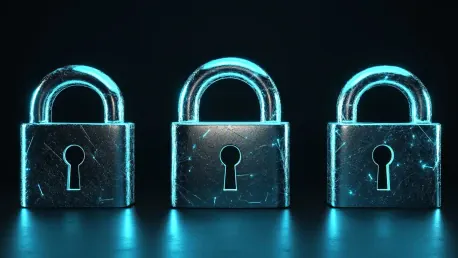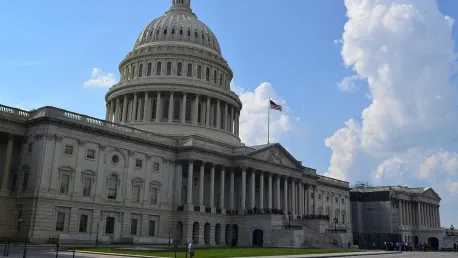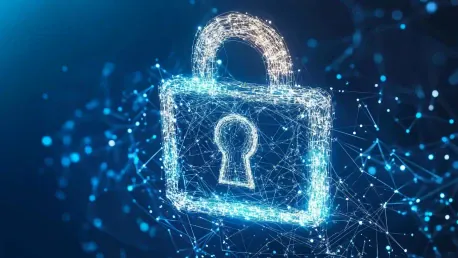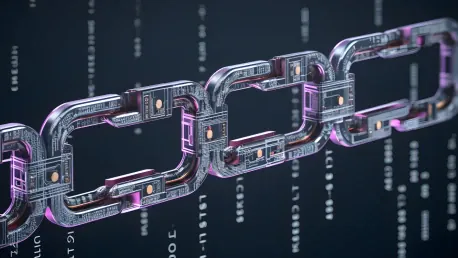
The Department of Defense (DOD)'s push to implement a zero-trust cybersecurity model by 2027 represents a significant shift in both technological and cultural paradigms within the organization. This ambitious initiative underscores a unified mission across its various departments and

The U.S. government is taking significant steps to improve the security of Internet of Things (IoT) devices with the introduction of the Cyber Trust Mark, an initiative that promises to enhance cybersecurity measures through a recognizable labeling system. Announced on January 7, the Cyber Trust

Aaron Weis's current role and recent insights reflect his tireless advocacy for zero trust principles in cybersecurity. His journey from CIO of the Department of the Navy to managing director of technology at Google Public Sector positions him as a leader in modernizing government

In today's digital age, safeguarding online privacy has never been more critical, particularly with the persistent threats of data breaches, tracking, and unauthorized surveillance. Virtual Private Networks (VPNs) have long been a favored choice for securing browsing activities and masking

As we approach the year 2025, the cybersecurity landscape is evolving at an unprecedented pace, presenting both exciting advancements and significant challenges to organizations and individuals alike. The rapid development and obsolescence of numerous trends underscore the imperative need for

Blockchain technology has revolutionized various sectors by providing decentralized and transparent solutions. However, the increasing adoption of blockchain has also attracted significant security threats. The industry is now focusing on evolving its security measures to tackle these emerging